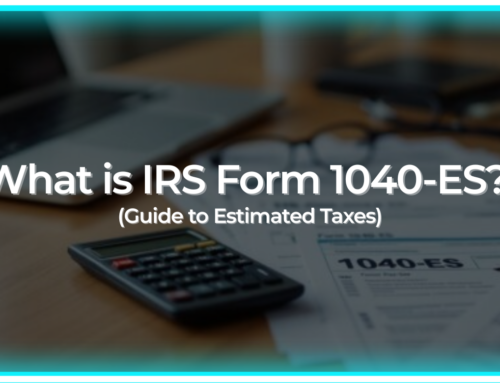Hey everyone! I’m Bette Hochberger, CPA, CGMA. In today’s blog, I will be discussing the key responsibilities for C Corporations.
C Corporations stand as a fundamental pillar of the corporate world. With their own distinct set of characteristics and requirements, they play a significant role in the business ecosystem. If you’re a business owner operating under a C Corporation, or if you’re considering structuring your business this way, there are several variations you need to be aware of.
What is a C Corporation?
Before getting into the responsibilities, let’s briefly define a C Corporation. A C Corporation is a legal entity that stands separately from its owners and is taxed as such. This means it pays its own taxes on profits, unlike other business entities where the profits and losses pass through to the individual owners or partners.
Form 1120 – The U.S. Corporation Income Tax Return
Any company registered as a C Corporation must file Form 1120. This form is essentially the tax return for the corporation and reports the profits, losses, deductions, and credits of the corporation.
Key Responsibilities Associated with Form 1120
- Timely Filing: Typically, corporations must file their 1120 by the 15th day of the fourth month after the close of the tax year. However, there are exceptions, so always check the IRS website for the most up-to-date information.
- Accurate Reporting: Misreporting or underreporting income can lead to penalties and interest. Businesses must ensure all income and expenses are appropriately documented.
Double Taxation – A Unique Characteristic
One of the significant points of distinction for C Corporations is the concept of double taxation. The corporation pays tax on its earnings, and then, when dividends are distributed to shareholders, these dividends are taxed again on the shareholder’s individual tax return. This is one reason some businesses may opt for an S Corporation status, where profits and losses pass directly to the shareholders and are only taxed once.
Retained Earnings and Accumulated Earnings Tax
C Corporations can opt to retain their earnings instead of distributing them as dividends. However, if the IRS determines that a corporation has accumulated earnings beyond what is “reasonable” for its business needs, it might impose an accumulated earnings tax. Thus, a strategy to retain earnings must be well-planned and justifiable.
Corporate Benefits and Deductions
One of the attractive features of C Corporations is the range of deductions they can claim. These can include:
- Salaries and bonuses for employees (including owner-employees)
- Health insurance premiums
- Retirement plan contributions
- Business expenses related to operations
Record Keeping and Compliance
Maintaining proper records is essential for all businesses, but with C Corporations, the stakes are even higher. This is because of the distinct separation between the business and its owners. Accurate records will ensure correct tax filings and shield owners from personal liability in case of any financial discrepancies.
State-specific Requirements
While federal regulations apply uniformly, each state might have its own set of rules and taxes for C Corporations. It’s crucial to be aware of these to maintain compliance at both the federal and state levels.
Operating a C Corp comes with its own set of challenges and responsibilities, but with a clear understanding and proactive approach, business owners can ensure they make the most of the benefits while staying compliant. As a CPA, always advise your clients to consult with a tax professional to ensure all bases are covered, and their corporate journey remains smooth.
I hope you learned something new today. As always, stay safe, and I will see you next time.







